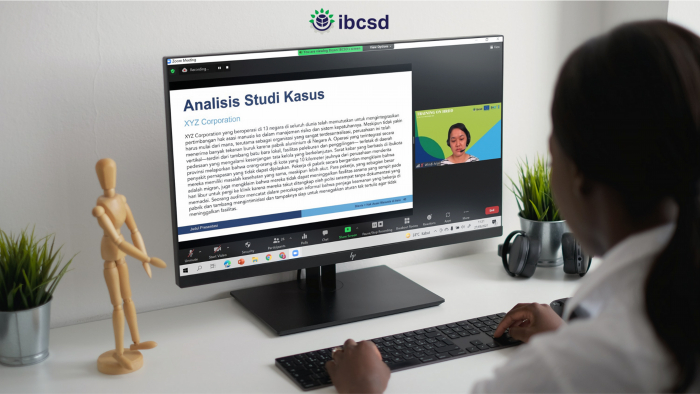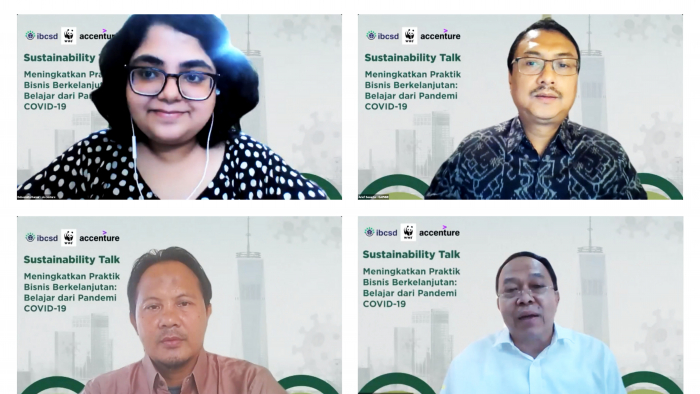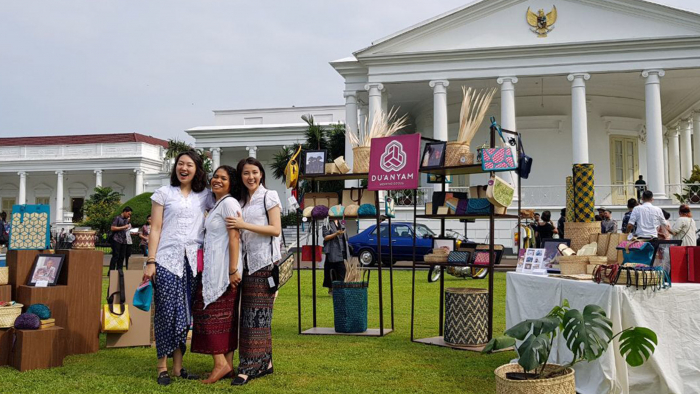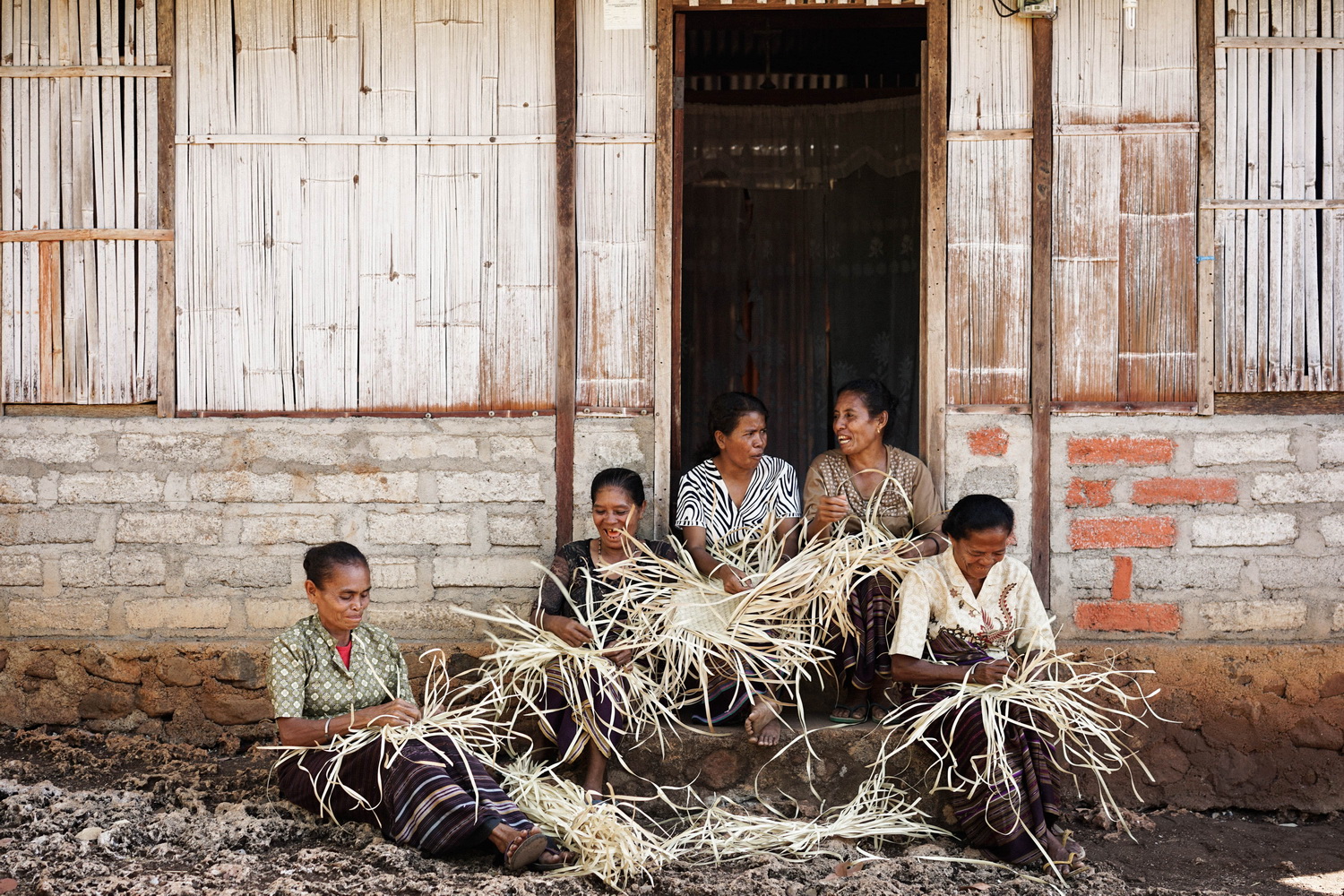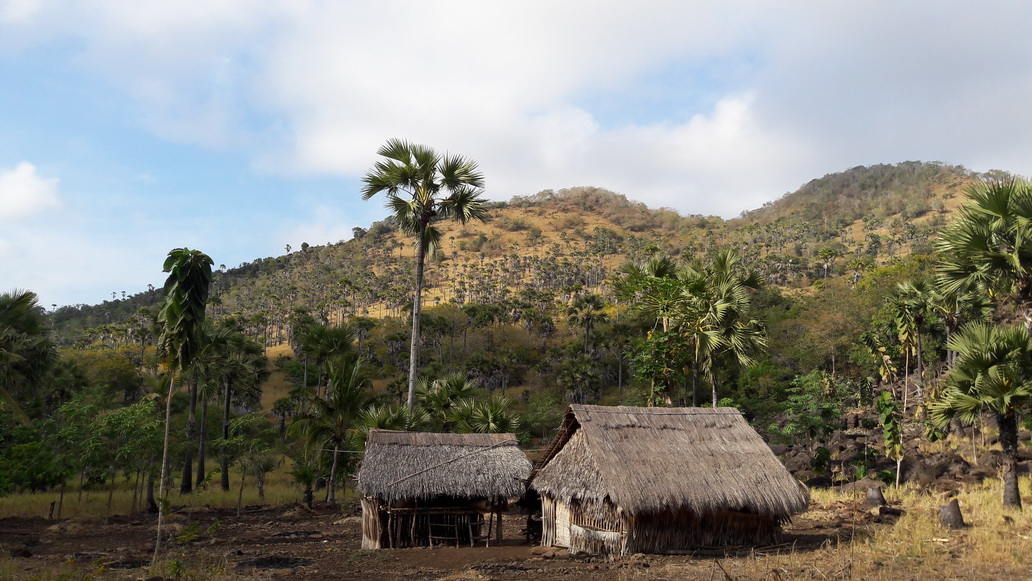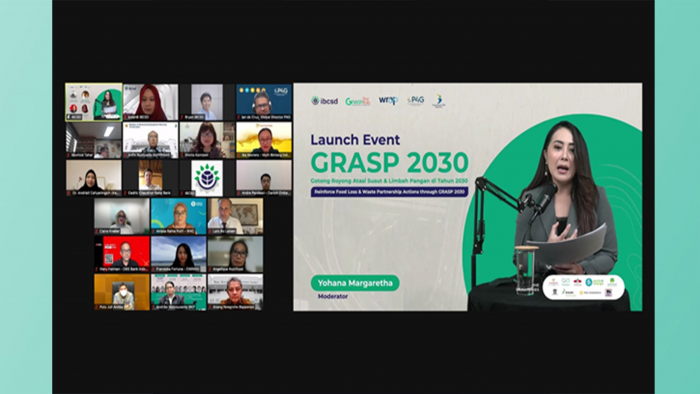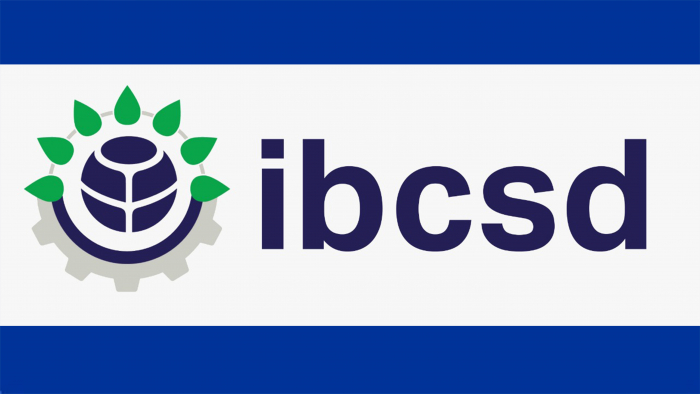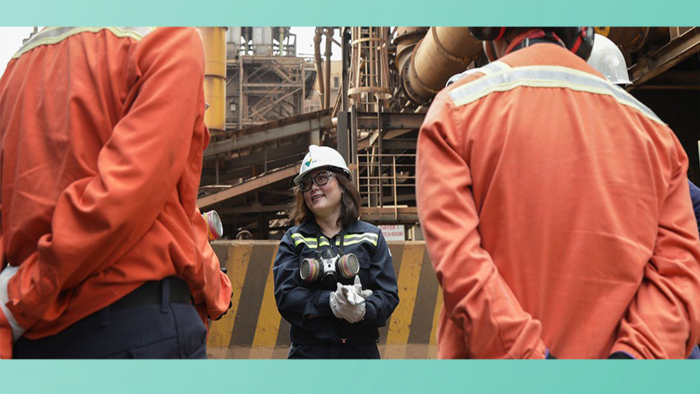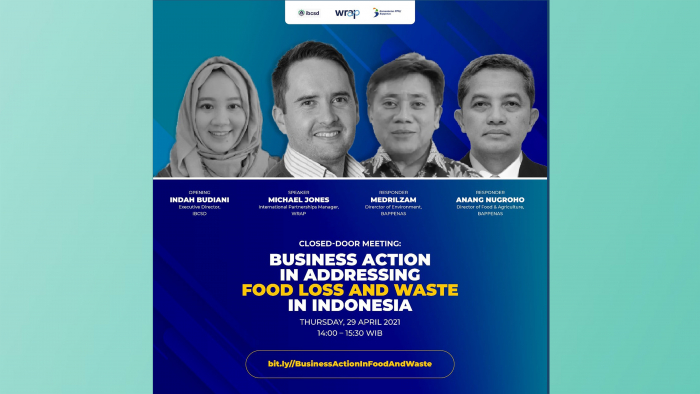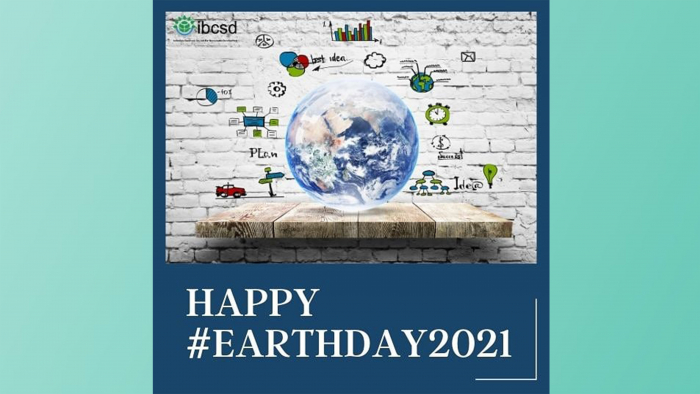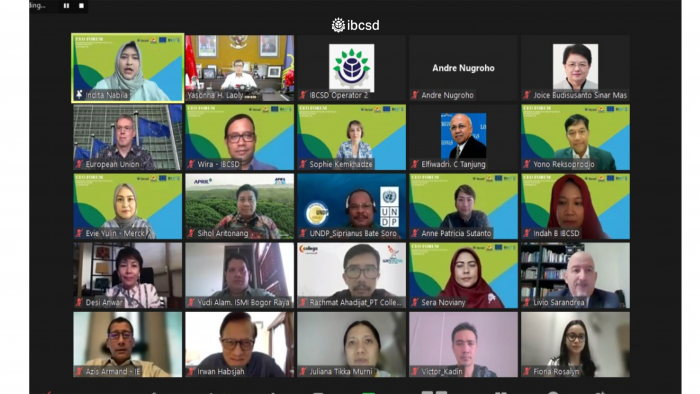
CEO Forum Called the Human RIght Due Diligence Implementation as Responsible Business during in COVID-19 Pandemic
The event was opened by Arsjad Rasjid, Chairman of Indonesian Chambers of Commerce and Industry (KADIN), H.E. Yasonna H. Laoly, Minister of Law and Human Rights, Vincent Piket, EU Ambassador of Indonesia and Brunei, and Sophie Kemkhadze, Deputy Resident Representative UNDP Indonesia.
In the opening remarks, Sophie Kemkhadze, Deputy Resident Representative UNDP Indonesia stated that 7.5 million Indonesians lost their jobs. It was devastating but we all need to focus on the opportunity to take a chance to rebuild our economy by creating more jobs and protecting human rights as a responsible business. Arsjad Rasjid, Chairman of KADIN also stated KADIN as the organization for all industry plays an active role in helping the government by carrying out the battle of social, economic, and health by having a CEO Forum discussion to explore the impact of the increasing momentum of the business and human rights narrative on business finance strategy and practice.
H.E. Yasonna H. Laoly, Minister of Law and Human Rights conveyed that the human rights principle during a pandemic is crucial and should be prioritized by businesses. The companies can refer to United Nations Guiding Principles on Business and Human Rights (UNGPs) which describe the role and responsibilities for state and companies normative frameworks and implementation procedures. Vincent Piket, EU Ambassador of Indonesia and Brunei also agreed with Yasonna’s remarks. He added every stakeholder in the country has to collaborate and support each other to face the pandemic and build new resilience.
Later on the event, Livio Sarandrea, Business and Human Rights Advisor UNDP; Yono Reksoprodjo, Vice President of Corporate Affairs Sintesa Group; Anne Patricia Sutanto, Vice CEO PT Pan Brothers, Tbk, Sera Noviany Sustainability Manager APP Sinarmas, and Evie Yulin, President Director PT Merck, Tbk were joined on the panel discussions on human rights due diligence practices within the Indonesia business.
Livio reflects the growth of responsible business globally in Asia and grew very fast in the 5 years as well as Indonesia. It was shown by the involvement and knowledge of CEO’s in human rights as business actors. UNGP now are helping Indonesian companies to enlarge what they understand about humans right to the next step of implementation on the business thought capacity building training.
As IBCSD members are concerned, Sintesa Group addresses human rights as a benefit to achieving SDGs. While PAN Brother conducts HRDD by valuing humanity based on i-PAN and Pancasila. As well as APP Sinar Mas respects human rights through Sustainability Roadmap Vision, Forest Conservation Policy on Social Commitment, Employee Welfare, and Business Code and Conduct. Merck identified the priorities towards access to health, community, product stewardship, security, and workplace as the principle of HRDD processes. One of the common challenges in implementing HRDD in business was to have the same understanding and awareness.
At the end of the panel session, the business agreed that companies in Indonesia are open to mandatory or voluntary basis regulations for implementing HRDD. However, the business expects collaboration with the government to achieve stakeholder readiness in implementing regulations through policymaker engagement, private sector discussions, partnerships, socialization, and clarity of detailed guidelines in order to have the same understanding of the impact on the business and society.
Rewatch the Forum on https://rebrand.ly/CEOForum8Sept21
